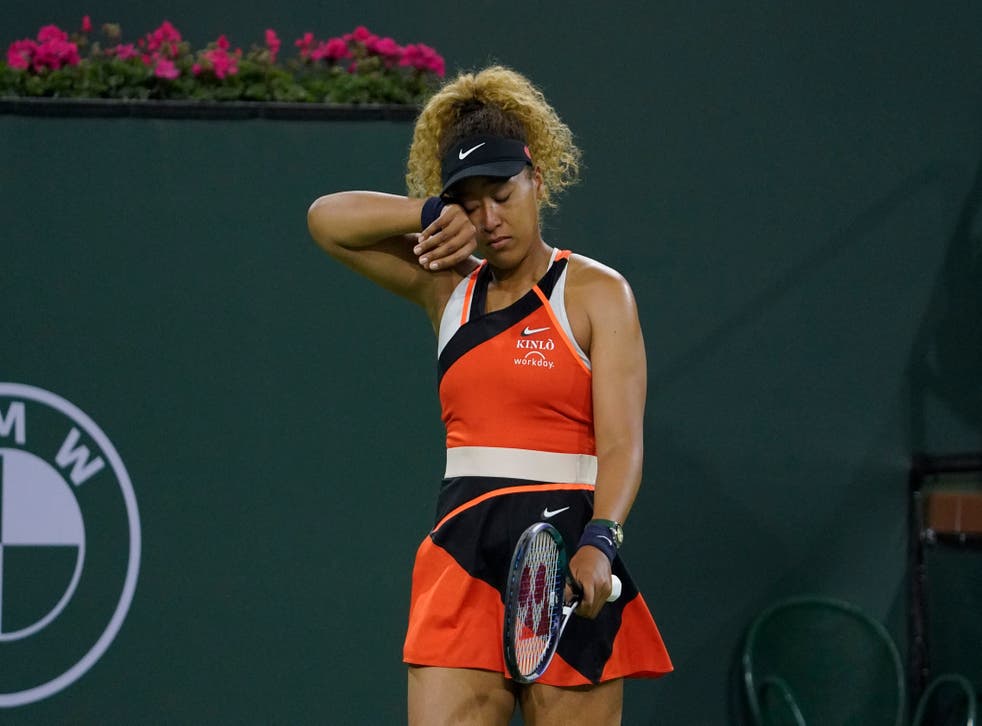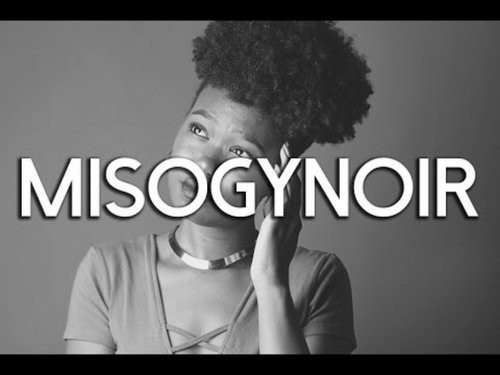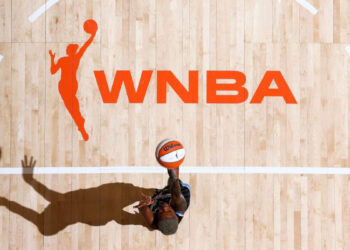By: Zachary Draves
I know I have used this quote many times when writing other similar pieces on this subject but it perfectly encapsulates what has always been true throughout American History.
The quote is from none other than Malcolm X “The most disrespected person in America is the Black woman. The most unprotected person in America is the Black woman.”
A ongoing practice dating back to slavery has been the subjectigation, objectifciation, degredation, disrespect, and marganilization of black women and girls.
Women and girls in general have always organized and mobilized against the viciousness of patriarchy and sexism but those plus racism creates a unique form of oppression, one coined by Dr. Moya Bailey, Misogynoir.
Misogynoir is defined as the “dislike of, contempt for, or ingrained prejudice against black women.”
There are plenty of examples of it throughout time in the form of policies, microaggressions, historical erasures, taunts, and violence.
We just saw it with how Supreme Court nominee Ketanji Brown Jackson was treated by GOP Senators during her confirmation hearings.
In the last three months alone, we saw three high profile cases of Misogynoir in the world of sports.
In late January, black members of the UCLA Women’s Gymnastics accused one of their former teammates Alexis Jeffrey of using racial slurs and when the issue was brought up, the administrators offered the team sensitivity training that many of the gymnasts said didn’t go far enough.
The UCLA team has been at the forefront of racial justice activism in college athletics and incorporating black music and culture in their routines.
(Courtesy:Katharine Lotze/Getty Images)
In mid March, Jane Campion, director of the Oscar nominated film “The Power of the Dog”, made comments about Venus and Serena Williams while accepting the award for Best Director at the Critics Choice Awards.
She said “Serena and Venus, you are such marvels. However, you don’t play against the guys, like I have to.”

(Courtesy:Chris Pizzello/Invision/AP)
The implication is that the struggles of black women are not as significant as white women, which has been a longstanding issue in the feminist movement.
Furthermore, Venus and Serena have been on the receiving end of some of the most vicious forms of misogynoir during their illustrious careers in the largely lilly white sport of tennis.
“I think there is something there about seeing black women succeeding in these sports where one might not expect them to be that definitely contributes to that” says Dr. Bailey, who is Professor of Communication Studies at Northwestern University.
On March 12, Naomi Osaka was heckled by a spectator at the BNP Paribas Open in Indian Wells.

(Courtesy:Mark J. Terrill/AP)
Naomi has followed in the footsteps of Venus and Serena in being an outspoken advocate for racial and gender justice in tennis and society as well as shining a light on the issue of mental health in sports.
As a result, her character has been largely mocked and ridiculed and it shouldn’t be too far-fetched to say that there is no coincidence this incident occurs at Indian Wells given what happened to the William Sisters there back in 2001.
Given that Naomi has publicly shed tears during her most vulnerable moments, some have taken advantage of that to suggest that she is somehow weak which is another form of misogynoir according to Dr. Bailey.
“Internalized misogynoir can have black women feel like they can only present themselves in one way and that is as a strong black woman all the time and not giving them the freedom when they are struggling with their mental health” she said.
“I think it is super important that Naomi Osaka and Simone Biles have been very vocal in their challenges with mental health.”
Finally, the imprisonment of WNBA player Britnney Griner in Russia due to possession of hash oil that has ignited a campaign for her release.
(Courtesy: CNN/Getty Images)
However, the urgency to bring her home has not been met with the same level of concern that one would legitimately conceive of if the person that was being held captive was say Tom Brady.
Brittany is a prominent black and queer athlete with long dreadlocks who isn’t the least bit shy in speaking out on matters of race, gender, and sexuality and therefore doesn’t consitute the idealistic mainstream American image of womanhood that is seen as worthy of protection.
“There is something underlying about what we imagine femininity to look like ” says Dr. Bailey.
“There are ways black women don’t fit that stereotype because our ideas of being a woman should be based on a white centered model of beauty and desirability.”
When one looks at the history of social change, it is black women that have been at the forefront and in sports the athletes mentioned here along with the likes of Ross Robinson, Althea Gibson, Wilma Rudolph, Florence Griffith Joyner, Flo Hyman, Jackie Joyner Kersee, Maya Moore, Surya Bonaley, Simone Manuel, Simone Biles, Caster Semenya, and countless others are an integral part of that tradition.
Misogynoir should become part of our everyday lexicon in the way that racism and misogyny are.
According to Dr. Bailey, the ways in which change can occur in sport and society has to start with listening to the testimonials of black women and that sport can, as it has done so many times before, be the first to leverage its influence.
“I think sports are so powerful and are such an integral part of our lives” she said.
“I think that if we can address misogynoir in sports it has the potential to affect all aspects of our society and one way we can start to do that is by listening to black women explain all that they are experiencing.”
She also points to the model set forth by the WNBA on how centering the lives and experiences of black women can be a vital part of a broader and truly inclusive social movement.
Fannie Lou Hammer said it best that “until all of us are free, none of us are free” and until black women are free from misogynoir then we haven’t really come a long way baby.


 NFL
NFL





